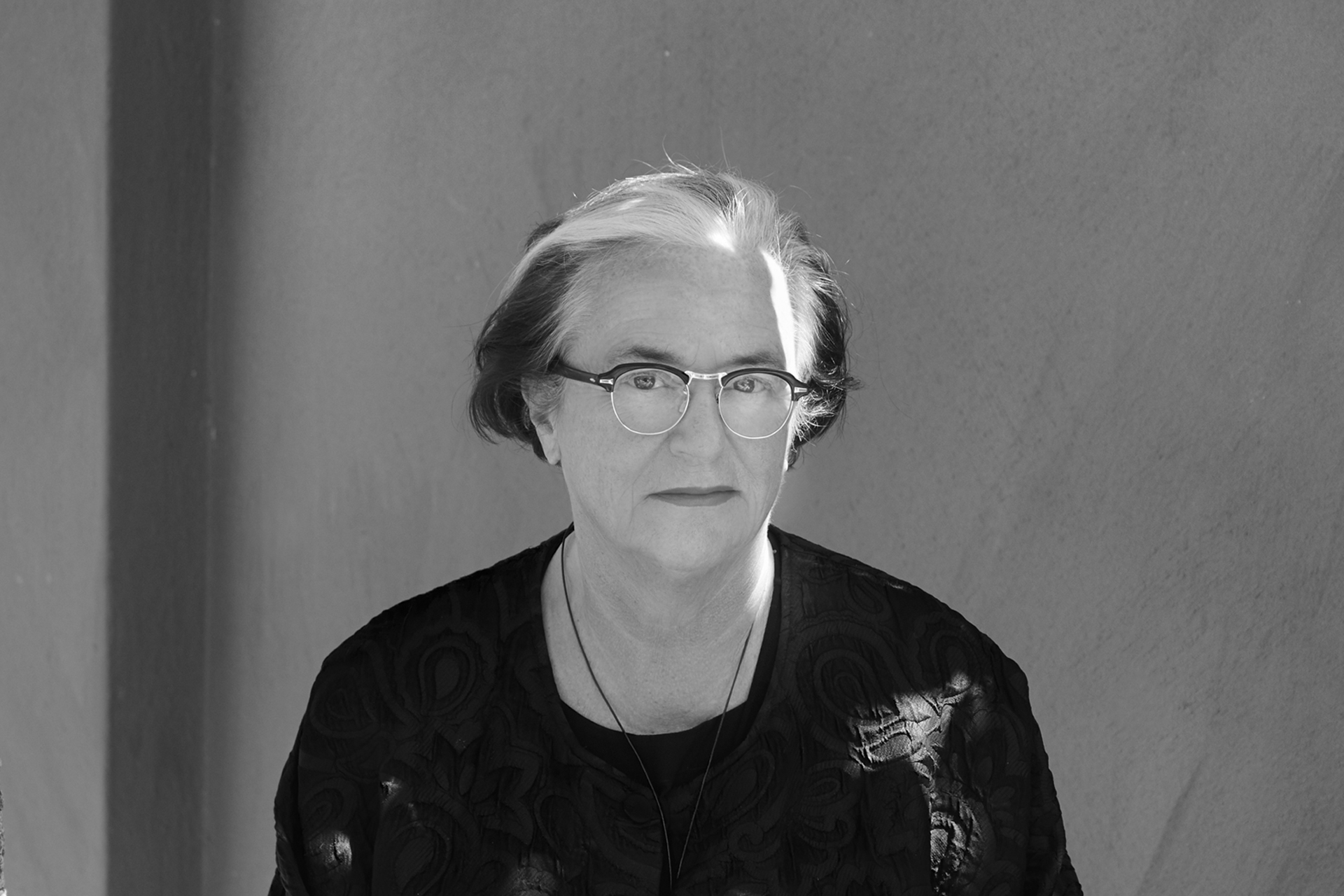Based on the ancestry of textiles and its affinity with fashion, Lidewij Edelkoort, one of the world’s most famous trend forecasters, promises to introduce a radical new educational model with a new Master program. The farm is the future.
The radical transformation of fashion starts now.
Following The World Hope Forum’s “From Farm to Fabric to Fashion” online gathering, bringing together speakers, selected case studies, good practices, retail reinventions and innovative ideas, Polimoda and Lidewij Edelkoort, forecaster, curator, activist, educator, Anti_Fashion Manifesto author and co-founder of @worldhopeforum, present “A Declaration of Change: Radical Metamorphosis,” an introduction to an innovative educational project seeking to change the future is coming in autumn 2022.

World Hope Forum
The 2-year Master in Textiles from Farm to Fabric to Fashion will provide students with experimental knowledge regarding the whole process of making a garment, from the origin of fiber to industrial and artisanal textile production, through to design and fashion creation. A conscious educational program based on innovation, the first of its kind dedicated to the study of textiles for the fashion industry, aimed at training future professionals capable of making a difference in the rebirth of the sector.
The climate crisis and overproduction can no longer be ignored, the global pandemic has irremediably changed our perception of fashion and the dynamics of consumption for future generations. Consumers are becoming more selective, seeking quality rather than quantity, well-being rather than stress, and are careful of their impact on the planet. Fashion will have to adapt, the whole system has to be rethought, and even large luxury brands will have to redefine their timing and objectives according to these new dynamics. We need to return to a more sustainable form of production and a fairer society.

The young people of today – the professionals of tomorrow – must lead this change. For them to be able to do this, it is their own education that must first change, to shape a new way of thinking about, and designing, fashion. These are the premises of A Declaration of Change: Radical Metamorphosis presented today by Edelkoort in conversation with Massimiliano Giornetti, Director of Polimoda, Linda Loppa, Advisor of Strategy and Vision of the school, and Philip Fimmano of Trend Union and mentor of the new course. The notion of metamorphosis already suggests abrupt and startling change, and therefore Radical Metamorphosis seeks to communicate the urgent need to transform textile education and clothing design into being more inclusive of creative fabrics.
“Education has largely participated in the demise of fashion by closing textile design departments, neglecting fabric knowledge and promoting virtual sketching over draping and pattern making. This is why we need to reconstruct the system and introduce a radical new educational model. Based on the ancestry of textiles and its affinity with fashion,” explains Edelkoort in her Declaration, “we believe that in order to understand fashion design we need to teach the origin of clothes, which can be found on the farm and in the forest, even in the ocean. We know that regenerative farming and foresting are on the cards of a future where brands will be involved from the very start of the creation of their goods, responsible for alternative crops, humane animal treatment, and measured cellulose and algae production. Some houses are already embracing this responsibility.”
Students of the Master in Textiles from Farm to Fabric to Fashion will learn about the growing of crops, the grooming of animals and will explore the processes at the origin of fashion. They will learn fiber knowledge, yarn design and dyeing techniques. They will then design fabrics and learn how to conceive new weaves and patterns, they will practice with knitting, crochet, lace and embroidery. In the second year they will continue their exploration of fabrics making them expressive and innovative, using hybrid techniques that combine craftsmanship and technology. They will study anthropology and archeology to explore the human psyche and tribal behavior. They will refine embellishment techniques such as embroidery, patchwork and beading to emphasize their creative identity.
“Training by its very nature is projected into the future. Our role is to create solid foundations to allow the whole fashion system around us to grow and develop,” shares Director Massimiliano Giornetti. “Together with Lidewij Edelkoort, we want to explore new paths that are both ambitious and revolutionary, combining Tuscan artisan heritage with an experimental and scientific approach. Fashion design needs to rediscover the drive towards renewal, starting from research and knowledge of techniques, materials and fabrics that inspire innovation with an anthropological and cultural approach.We want students to be more aware of their creative choices, starting from the selection of raw materials that open up to a design with a low environmental and social impact. Future professionals with a cultural background based around innovation and tradition who are able to lead the rebirth of the sector with an independent vision and an inclusive and sustainable approach.”
At the end of their journey, graduates in Textiles from Farm to Fabric to Fashion will design a manifesto on their vision, an idiosyncratic presentation of their discoveries where FFF (Farm, Fabric and Fashion) are finally realized and could change the course of fashion history.
Because it’s not just about studying, but about a shift in mentality, textiles, fashion and couture need designers with an intrinsic understanding of the creative process, able to give clothes an almost animistic energy. A new generation of thinkers looking for change by creating fully inclusive designs, concerned with their indigenous roots, their current location, their projected targets and their future as universal creatives. A new empathic way of doing fashion, where the joy of creating finally returns.
Further info
Discover the Master in Textiles from Farm to Fabric to Fashion
Download Press Release (IT) | (EN)
Download A Declaration of Change: Radical Metamorphosis